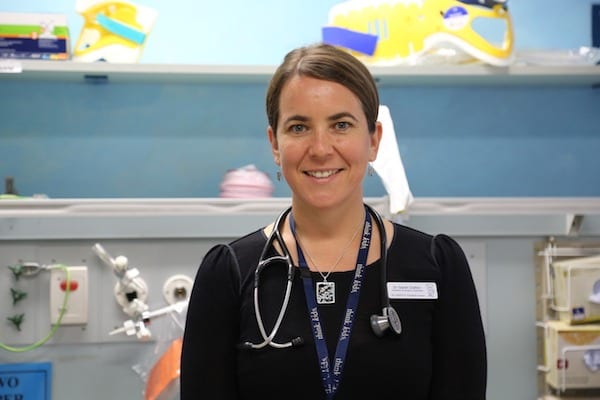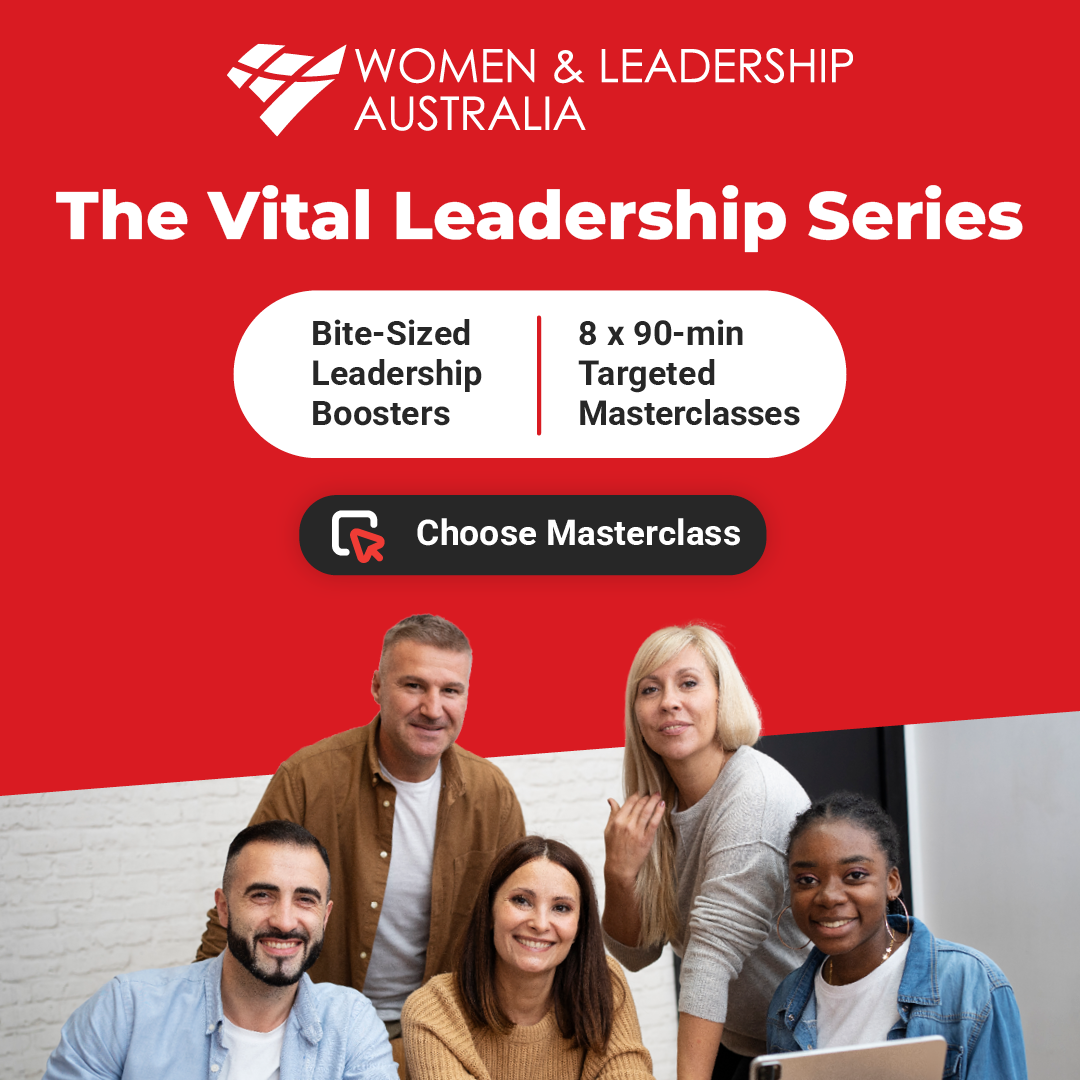There, they might come across Dr Sarah Dalton, who works at the hospital as a consultant, on top of her role as President of Paediatrics & Child Health Division at the Royal Australasian College of Physicians, which advocates on behalf of more than 25,000 trainees and physicians across Australia and New Zealand.
Below Dr Dalton shares more on her work, as well as the role that mentoring has played during her career.
She also outlines why she wants to see the patient experience reformed, and for doctors to better understand the experiences and personal needs of patients.
Dr Dalton’s the latest to feature in The Link, our Q&A series connecting readers to the interesting work, ideas and inspiration of women across different sectors. Follow her on Twitter @DrSarahDalton.
Who and what do you lead?
The RACP trains, educates and advocates on behalf of more than 25,000 trainees and physicians across Australia and New Zealand. The College represents a broad range of medical specialties including paediatrics and child health, general medicine, cardiology, respiratory medicine, neurology, oncology, public health medicine, occupational and environmental medicine, palliative medicine, sexual health medicine, rehabilitation medicine, geriatric medicine and addiction medicine.
I am President of the Paediatrics & Child Health Division which represents 4,500 physicians and trainee physicians. We work to improve the health and wellbeing of neonates, infants and children as well as adolescents and young adults through education and training, research, and policy and advocacy.
One of my other roles is to work as a Consultant in the Emergency Department at the Children’s Hospital in Westmead. We can see up to 200 children a day, presenting to Emergency with urgent and acute issues.
What are you working on right now that’s got you excited?
One of the things I am working on is developing the capability and talent of the next generation of doctors and leaders in medicine. I’ve done a lot of coaching, I’ve received coaching myself and I’ve been involved in coaching junior doctors and helping them determine their goals and how to achieve those goals.
What one issue is making you angry right now?
I feel passionately about consumer advocacy and patients advocating for themselves. As doctors, we need to talk to patients and understand what matters to them through individual interactions.
At a system level, we need to consider patient experience and how we can meet patient needs otherwise we do what medicine has tended to do for thousands of years and that is to be paternalistic and decide a patient’s wishes for them.
This is changing, however, with programs like the RACP’s ‘Evolve’ initiative, which provides the latest medical advice from our specialty societies and helps doctors, patients and their families ask questions to get the best possible treatment they can.
Best piece of career advice you ever received?
Seeking out a coach or a mentor is important. It forces you to prioritise yourself and reflect on what’s working, what’s not working and what you want to do next. It helps you determine what you want to achieve and how. It also makes you accountable to someone and encourages you to report back to someone.
What would you go back and tell yourself ten years ago?
To believe in yourself and stand up for what you believe in.
Don’t be put off if people don’t agree because with the right approach you can influence people and help them see your point of view.
How are you working around a key career hurdle?
Work life balance is a significant issue for most doctors and most professional women. It’s difficult when you’re interested in many things and want to be involved but realise you can’t do everything. I’m much better with prioritisation these days and recognising where I can add value when others can’t and vice versa, stepping back and allowing others to lead when needed.
How have mentors aided your career?
I’ve had an amazing mentor who I met by chance and they have been a powerful influence on my career. To me, coaching is a part of it, there’s also giving advice and the need to use others as a sounding board, which is always helpful.
Favourite piece of tech?
My Fitbit. It gives me a level of awareness of prioritising fitness in my day. For example, I may end up suggesting to a colleague that we have a walking meeting.
What daily publications do you read or follow?
Mainstream press mostly, including Fairfax publications like the Sydney Morning Herald. I also closely monitor social media through my own Twitter account. Podcasts are really useful and I also use audiobooks while commuting.
What apps or tools do you use to help manage your day?
Nothing out of the ordinary. I do task management through programs like Outlook.
Industry associations you’d recommend to other women?
I would recommend Women on Boards and the Australian Institute of Company Directors.
What book do you most recommend to other women?
I am currently reading Playing Big by Tara Moore which is a great read and is all about recognising and using the skillset you have in a practical way.
Who would you suggest we feature on The Link?
Dr Tracey Tay, a staff specialist anaesthetist at the John Hunter Hospital in Newcastle


